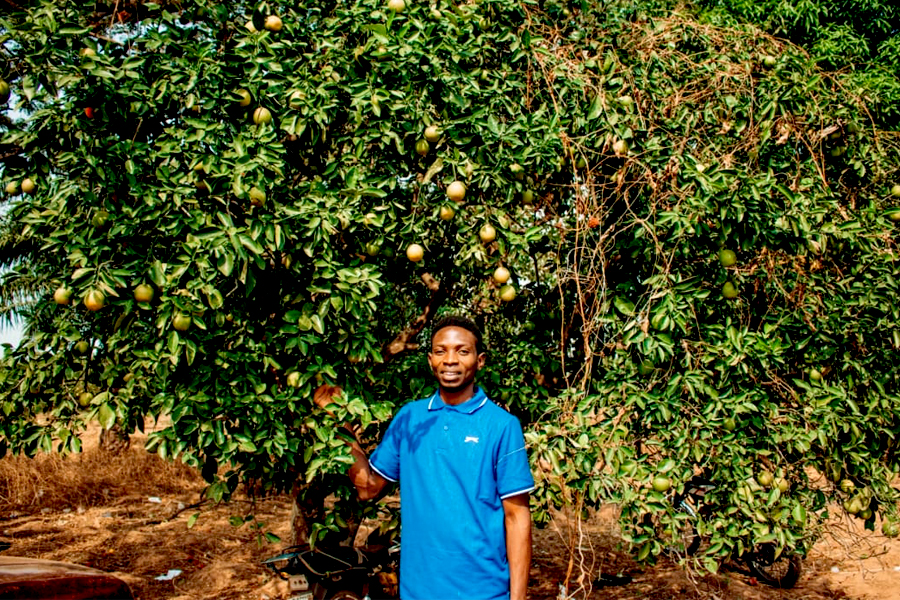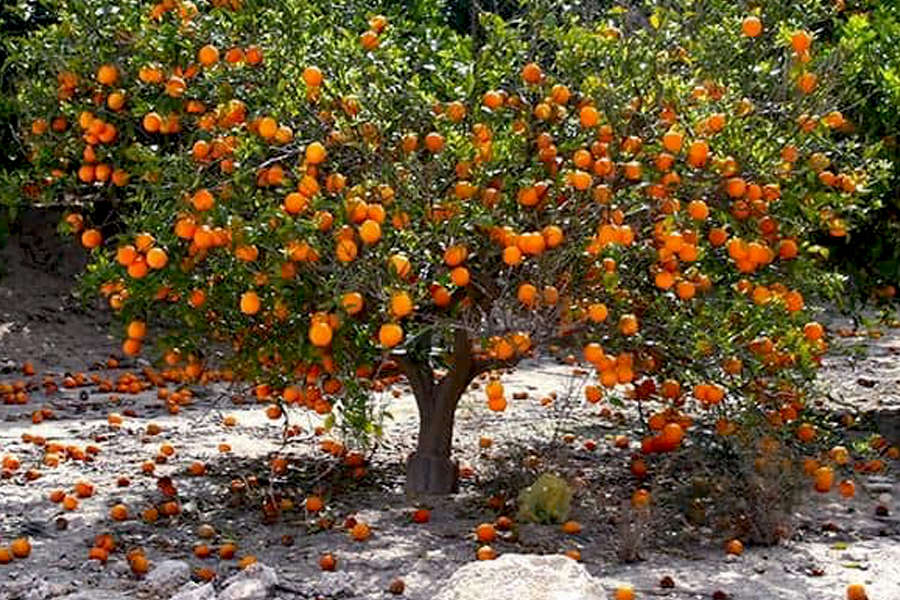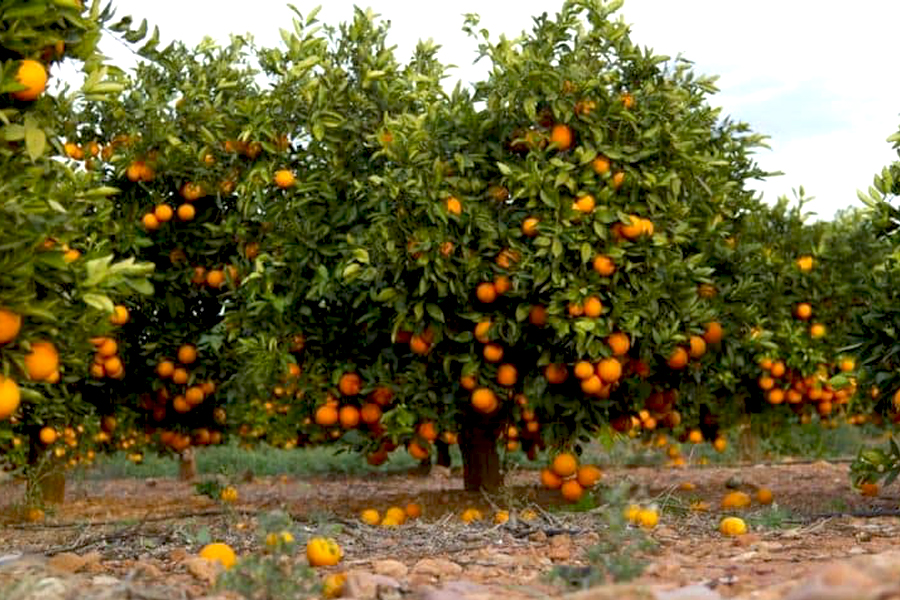
Benue Orange Farmers Counting Their Cost Instead Of Profit
Orange, the round colour fruit is the most admired citrus fruit in the world. It has great economic importance due to its wide range of uses and benefits. The fruit is rich in vitamins A, and C and phosphorus. Oranges can be consumed fresh or in the form of juice, squash, syrup and jam. Oranges are the main source of peel oil and citric acid for cosmetics.
In Nigeria, orange is largely consumed as fresh fruit, besides being used for juice extractions and preparation of concentrated powders which is later used for the preparation of drinks. It is also used for the extraction of essential oils which finds its way into flavouring hard candy, gelatine, ice cream, chewing gum, and bakery products. It processes many medicinal properties and is used in allaying fever. It is also used to address stomach and intestinal problems.


Benue State remains one of the major orange cultivation states in Nigeria. Ushongo, Vandeikya, Gboko, Konshisha, Buruku, Gwer East, Kwande are known as the major Orange-producing local governments in Benue state.
The orange juice business in Nigeria is highly dominated by unorganized players with over 85 per cent market share. The organized retailers which have only 15 per cent of the business comprised juice bars, juice cafes and packaged juice players.
Value Chain Analysis:
Some key weaknesses of the orange value chain are; Long gestation period for fruit-bearing, High cost of input and labour. Highly perishable in nature and has to be sold off immediately. Another major weakness is the poor availability of quality rootstock. Also, the share of the farmer in consumer price is very low for oranges compared to other fruits and vegetables due to the short shelf life, giving less options to the farmer who has to hold back stock and wait until prices rise.
The fruit has to reach the consumer within 3-6 days of plucking so that it remains in shape to be consumed, as after this set period the fruit starts to deteriorate. Due to this the holding time with the stakeholders decreases and none of the handlers prefer to store the product.
The Benue orange has created more employment and more income in the northern part of Nigeria as retailers’ share is very high in the market chain. Retailers have to keep adjusting the prices depending on the demand in the market to maintain their profitability.
Intervention needed in Orange Value Chain:
The intervention plan may be considered in terms of three critical stages that are production, post-harvest and processing. Weather conditions play a critical role in the crop production. At the post-harvest stage, the prices tend to decline as harvesting progresses and produce starts flowing into the market. At the post-harvest stage information on the storage, grading, waxing parameters, and quality needs to be disseminated. The processing-related constraints may be viewed in terms of a lack of post-harvest infrastructure at the community level, limiting farmers’ share in the value chain. Also, at the post-harvest and processing stage there is a need to invest in primary processing and storage activity.

Ahen Akawe – I am Benue
[…] Benue Orange Farmers Counting Their Cost Instead Of Profit […]